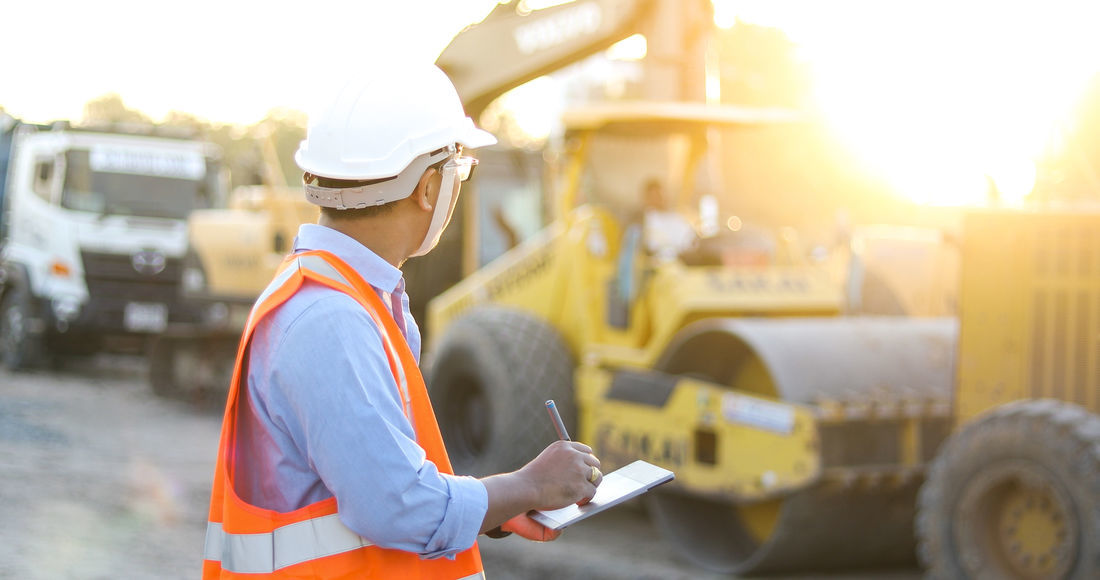Every year, thousands of employees across Australia become victims of horrific, preventable injuries. In some cases, life-changing physical conditions or fatalities can be the end result. As technology continues to expand and advancements further evolve, it’s more important than ever to equip your workforce with sufficient support and training.
Be it from lack of control in the design stage, or lack of maintenance throughout the lifespan of a certain piece of heavy-duty machinery – injuries and fatalities happen for a reason. Often, these reasons are preventable when more awareness and training is paid.
Because of the high number of accidents occurring across Australian workplaces, Work Safe continues to crack down on employers, ensuring all equipment and machinery is up to scratch. Failing to do so can have huge repercussions on your business (not to mention your employees) and can even lead to disaster.
In this post, we’re running through why Work Safe places such a firm hand on the use of heavy-duty machinery in the workplace.
Injuries and health effects
If machinery isn’t properly maintained or staff are unequipped with the training to operate it correctly, it’s likely you’re heading straight into dangerous territory. If you, as a worker, use any form of machinery, there’s a number of considerations to keep in mind:
- Your hair, hands or feet (and other parts of your body) can touch hazardous parts of the machine.
- You may need to make adjustments, even though the machine is on and moving.
- You may need to clear away any waste, scraps or products while the machine is moving.
- There may be dust, fumes, radiation or noise that you’re frequently exposed to.
- You might have to access hard-to-reach or confined spaces or work at heights on a heavy piece of machinery. You may have to do this without fall prevention.
- You are manually moving products and materials around or may be adopting poor posture when doing so.
- You may be exposed to harmful checmicals or cleaning products when maintaining machines.
- There is always the chance that water can get into the electrical components of machines.
All of these circumstances place you in the direct line of threats and dangerous situations that can have a huge impact on your life.
How you can make a difference
Whether you’re an employer or employee, ensuring all staff are equipped with the right level of support and training is the key part of ensuring a safer workplace. If you or a colleague are feeling uncomfortable about operating a certain piece of machinery, it’s crucial you seek support on how to properly use it.
Above all, prevention of injuries starts with identifying the problems at the beginning – so keep a keen eye on those using machinery in your workplace, the technology itself and the systems around it all.
For more information on your obligations towards workplace safety, SafeWork NSW here. This website has plenty of resources available to help you identify your own responsibilities and access support where required.

